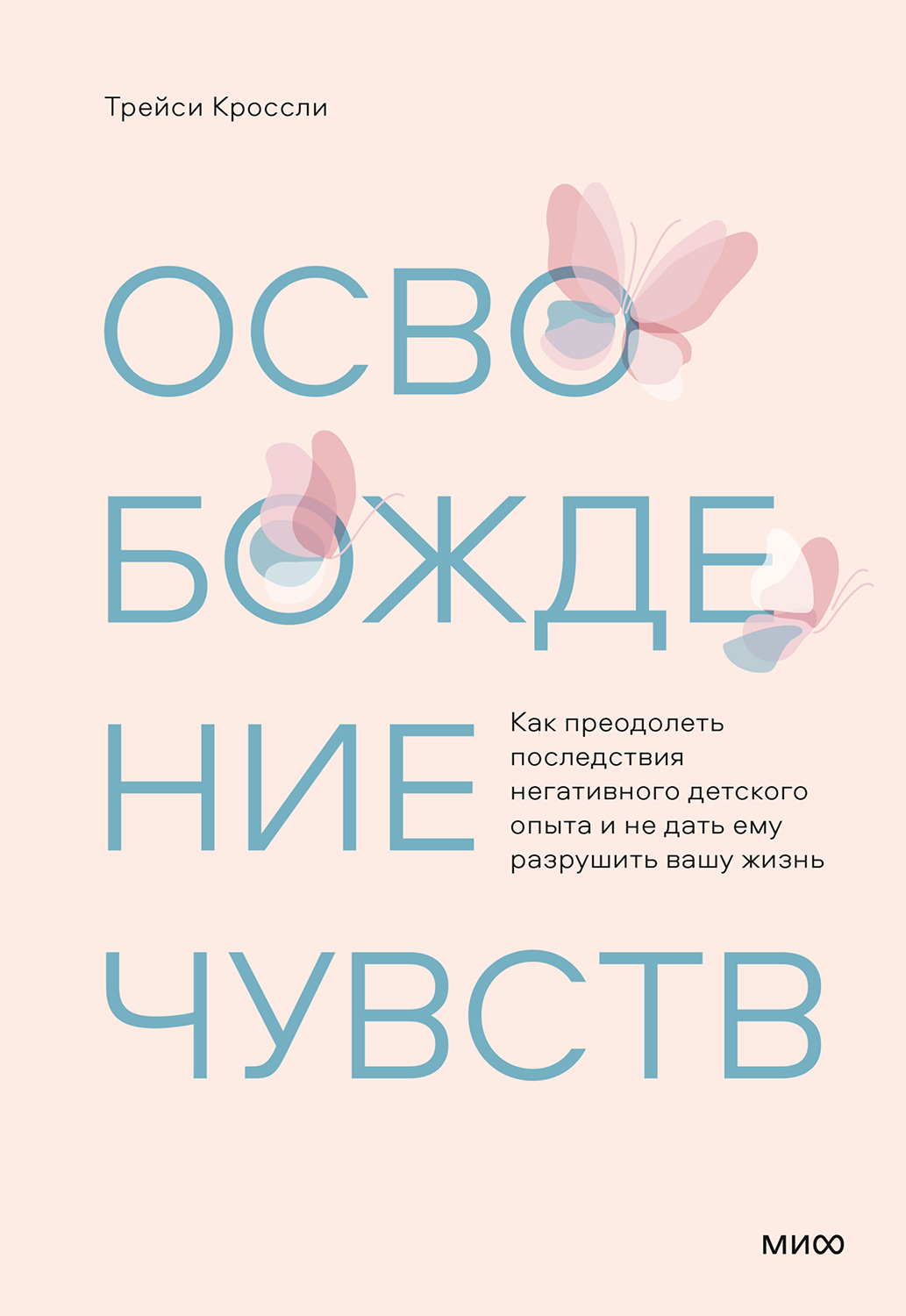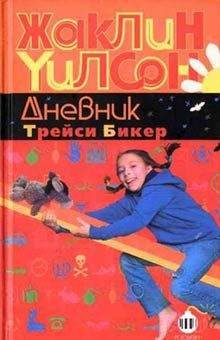of Attachment in Shame Traumatic Memory Relation to Depression: The Impact of Emotion Regulation Processes.” Clinical Psychology & Psychotherapy 20, no. 2 (2011): 149–165. https://doi.org/10.1002/cpp.786.
McCutcheon, Lynn E. “Self-Defeating Personality and Attachment Revisited.” Psychological Reports 83, no. 7 (1998): 1153. https://doi.org/10.2466/pr0.1998.83.3f.1153.
Mikulincer, Mario and Philip R Shaver. “Attachment and Psychopathology.” Attachment Issues in Psychopathology and Intervention, 2003, 35–56. https://doi.org/10.4324/9781410609670-7.
Mikulincer, Mario and Phillip R. Shaver. “The Attachment Behavioral System in Adulthood: Activation, Psychodynamics and Interpersonal Processes.” Advances in Experimental Social Psychology, 2003, 53–152. https://doi.org/10.1016/s0065-2601(03)01002-5.
Öztürk, Abdülkadir and Tansu Mutlu. “The Relationship between Attachment Style, Subjective Well-Being, Happiness and Social Anxiety among University Students.” Procedia — Social and Behavioral Sciences 9 (2010): 1772–1776. https://doi.org/10.1016/j.sbspro.2010.12.398.
Pallini, Susanna, Mara Morelli, Antonio Chirumbolo, Roberto Baiocco, Fiorenzo Laghi and Nancy Eisenberg. “Attachment and Attention Problems: A Meta-Analysis.” Clinical Psychology Review 74 (2019): 101772. https://doi.org/10.1016/j.cpr.2019.101772.
Payne, Peter, Peter A. Levine and Mardi A. Crane-Godreau. “Somatic Experiencing: Using Interoception and Proprioception as Core Elements of Trauma Therapy.” Frontiers in Psychology 6 (2015). https://doi.org/10.3389/fpsyg.2015.00093.
Rao, T. S. Sathyanarayana, M. R. Asha, K. S. Jagannatha Rao and P. Vasudevaraju. “The Biochemistry of Belief.” Indian Journal of Psychiatry 51, no. 4 (2009): 239. https://doi.org/10.4103/0019-5545.58285.
Read, Darryl L., Gavin I. Clark, Adam J. Rock and William L. Coventry. “Adult Attachment and Social Anxiety: The Mediating Role of Emotion Regulation Strategies.” PLOS ONE 13, no. 12 (2018). https://doi.org/10.1371/journal.pone.0207514.
Rodriguez, Lindsey M., Angelo M. DiBello, Camilla S. Øverup and Clayton Neighbors. “The Price of Distrust: Trust, Anxious Attachment, Jealousy and Partner Abuse.” Partner Abuse 6, no. 3 (2015): 298–319. https://doi.org/10.1891/1946-6560.6.3.298.
Roxo, Marcelo R., Paulo R. Franceschini, Carlos Zubaran, Fabrício D. Kleber and Josemir W. Sander. “The Limbic System Conception and Its Historical Evolution.” The Scientific World Journal 11 (2011): 2427–40. https://doi.org/10.1100/2011/157150.
Ruiz, Miguel. The Four Agreements. San Rafael, CA: Amber-Allen Pub., 1997.
Salovey, Peter and John D. Mayer. “Emotional Intelligence.” Imagination, Cognition and Personality 9, no. 3 (1990): 185–211. https://doi.org/10.2190/dugg-p24e-52wk-6cdg.
Schumann, Karina and Edward Orehek. “Avoidant and Defensive: Adult Attachment and Quality of Apologies,” 2017. https://doi.org/10.31234/osf.io/au8g4.
Shaffer, Philip A. “Adult Attachment, Basic Psychological Needs, Shame, Depression and Loneliness.” PsycEXTRA Dataset, 2005. https://doi.org/10.1037/e526972006-001.
Shapiro, Shauna. “Mindfulness Practices for Challenging Times: Emotion Regulation, Shifting Perspective, Compassion for Empathy Distress.” Alternative and Complementary Therapies 26, no. 3 (2020): 109–11. https://doi.org/10.1089/act.2020.29277.ssh.
Sheinbaum, Tamara, Thomas R. Kwapil, Sergi Ballespi, Merce Mitjavila, Charlotte A. Chun, Paul J. Silvia and Neus Barrantes-Vidal. “Attachment Style Predicts Affect, Cognitive Appraisals and Social Functioning in Daily Life.” Frontiers in Psychology 6 (2015). https://doi.org/10.3389/fpsyg.2015.00296.
Shen, Fei, Yanhong Liu and Mansi Brat. “Attachment, Self-Esteem and Psychological Distress: A Multiple-Mediator Model.” The Professional Counselor 11, no. 2 (April 2021): 129–142. https://tpcjournal.nbcc.org/attachment-self-esteem-and-psychological-distress-a-multiplemediator-model.
Solms, M. and K. Friston. “How and Why Consciousness Arises: Some Considerations from Physics and Physiology.” Journal of Consciousness Studies 25, no. 5–6 (2018): 202–238. https://www.researchgate.net/publication/338356205_How_and_why_consciousness_arises_Some_considerations_from_physics_and_physiology.
Simpson, Jeffry A. and W. Steven Rholes. “Adult Attachment, Stress, and Romantic Relationships.” Current Opinion in Psychology 13 (2017): 19–24. https://doi.org/10.1016/j.copsyc.2016.04.006.
Solms, M. and K. Friston. “How and Why Consciousness Arises: Some Considerations from Physics and Physiology.” Journal of Consciousness Studies 25, no. 5–6 (2018): 202–38. https://www.researchgate.net/publication/338356205_How_and_why_consciousness_arises_Some_considerations_from_physics_and_physiology.
“South Park.” IMDb.com, August 13, 1997. https://www.imdb.com/title/tt0121955.
Szentágotai-Tătar, Aurora and Andrei C. Miu. “Correction: Individual Differences in Emotion Regulation, Childhood Trauma and Proneness to Shame and Guilt in Adolescence.” PLOS ONE 12, no. 1 (2017). https://doi.org/10.1371/journal.pone.0171151.
Thomas, Christopher and Staci Zolkoski. “Preventing Stress among Undergraduate Learners: The Importance of Emotional Intelligence, Resilience and Emotion Regulation.” Frontiers in Education 5 (2020). https://doi.org/10.3389/feduc.2020.00094.
Thompson, Galilee, Andrew Wrath, Krista Trinder and G. Camelia Adams. “The Roles of Attachment and Resilience in Perceived Stress in Medical Students.” Canadian Medical Education Journal 9, no. 4 (2018). https://doi.org/10.36834/cmej.43204.
Tice, Dianne M. and E. J. Masicampo. “Approach and Avoidance Motivations in the Self-Concept and Self-Esteem.” Handbook of Approach and Avoidance Motivation (2008): 505–519. https://doi.org/10.4324/9780203888148.ch30.
Tjaden, Cathelijn, Philippe Delespaul, Cornelius L. Mulder and Arnoud Arntz. “Attachment as a Framework to Facilitate Empowerment for People with Severe Mental Illness.” Psychology and Psychotherapy Theory Research and Practice (2020). https://pubmed.ncbi.nlm.nih.gov/33124185.
Tolle, Eckhart. The Power of Now: a Guide to Spiritual Enlightenment. Vancouver: Namaste Publishing, 2004.
Vatansever, Deniz, David K. Menon and Emmanuel A. Stamatakis. “Default Mode Contributions to Automated Information Processing.” Proceedings of the National Academy of Sciences 114, no. 48 (2017): 12821–12826. https://doi.org/10.1073/pnas.1710521114.
Venditti, Sabrina, Loredana Verdone, Anna Reale, Valerio Vetriani, Micaela Caserta and Michele Zampieri. “Molecules of Silence: Effects of Meditation on Gene Expression and Epigenetics.” Frontiers in Psychology 11 (2020). https://doi.org/10.3389/fpsyg.2020.01767.
Voncken, Marisol J., Corine Dijk, Peter J. de Jong and Jeffrey Roelofs. “Not Self-Focused Attention but Negative Beliefs Affect Poor Social Performance in Social Anxiety: An Investigation of Pathways in the Social Anxiety — Social Rejection Relationship.” Behaviour Research and Therapy 48, no. 10 (2010): 984–991. https://doi.org/10.1016/j.brat.2010.06.004.
Weinhold, Bob. “Epigenetics: The Science of Change.” Environmental Health Perspectives 114, no. 3 (2006). https://doi.org/10.1289/ehp.114-a160.
Трейси Кроссли — эксперт по поведенческим отношениям, автор подкаста «Свобода от привязанности: полная жизнь в счастье и любви». Трейси работает с клиентами, у которых широкий спектр поведенческих нарушений, таких как ненадежная привязанность, ошибочная система убеждений, нарциссическая травма, синдром самозванца, деструктивный внутренний диалог и многое другое. В работе она уделяет внимание отношениям между партнерами, поведению на свидании, проблемам в профессиональной сфере. Помимо образования психолога, интуиция и личный опыт помогают ей вместе с клиентами сломать шаблоны, удерживающие в ловушке одиночества и нездоровых отношений даже после достижения основных жизненных целей. С помощью техник, работающих с эмоциями, Трейси помогает людям понять, каковы их трудности, а также избавиться от эмоциональной закрытости, тревожности и боли. Ее труд позволяет им принять себя, улучшить самочувствие, добиться психологической свободы, счастья и открыто общаться с собой и окружающими.
Трейси — бакалавр нейропсихологии и магистр психологии здоровья. Проживает со своим замечательным мужем и собакой Вулфи. У нее четверо взрослых детей и трое приемных, и она любит, когда вся семья собирается вместе.
Все книги по психологии на одной странице: mif.to/psychology
Узнавай первым о новых книгах, скидках и подарках из нашей рассылки mif.to/psysubscribe
#mifbooks
Руководитель редакционной группы Светлана Мотылькова
Ответственный редактор Наталья Довнар
Арт-директор Алексей Богомолов
Дизайн обложки Виктория Капиносова
Корректоры Елена Сухова, Наталья Воробьева







